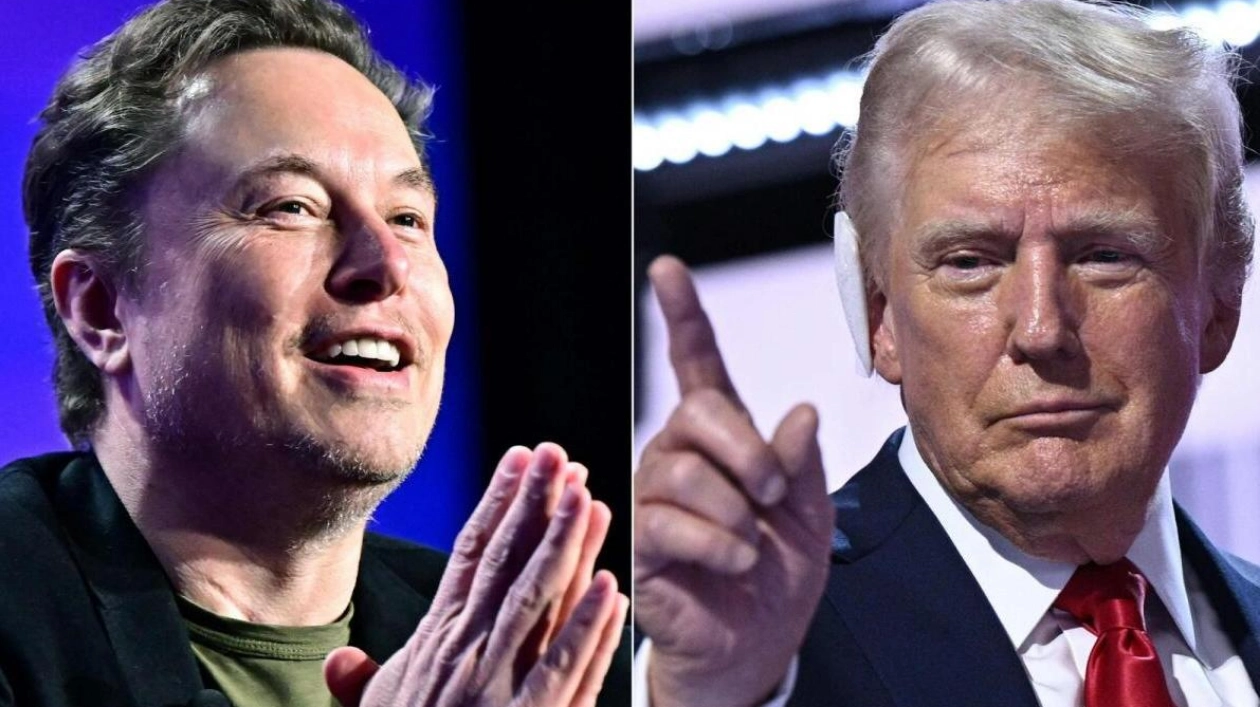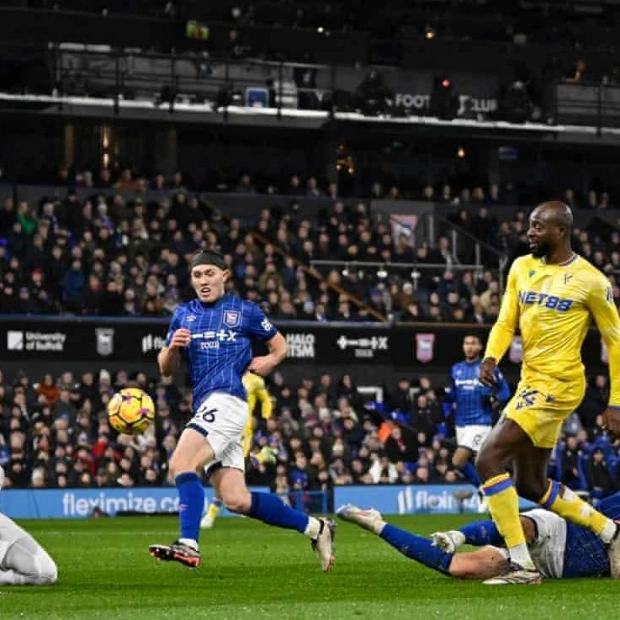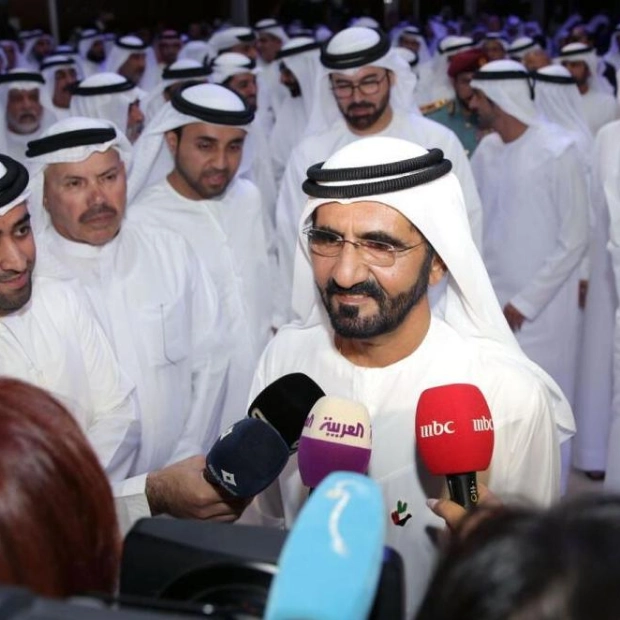Elon Musk's enthusiastic backing of Donald Trump in the forthcoming US election could go well beyond incendiary tweets and campaign contributions if the former president returns to the White House. The world's wealthiest individual has become increasingly involved in Trump's campaign, effectively placing his personal X account, boasting nearly 200 million followers, at the candidate's disposal.
In the wake of a second apparent assassination attempt on Trump on Sunday, Musk questioned why Democratic candidate Kamala Harris and President Joe Biden have not faced similar attempts on their lives. He later removed the post. Musk has also utilized his personal account to promote the baseless conspiracy theory that a community of Haitian immigrants in Ohio had been stealing and consuming the pets of the predominantly white population.
Less widely known is Musk's agreement with Trump to head a special commission aimed at reducing federal spending, which would implement "drastic reforms," according to the former president. The concept originated from a spontaneous conversation between Musk and Trump broadcast on X in August. Musk suggested a "government efficiency commission" to ensure taxpayers' money is spent wisely. Trump embraced the idea, lauding Musk as "the greatest cutter," a reference to the Tesla and SpaceX founder's uncompromising approach to managing his companies.
"When your employees stop working, you say 'That's OK...every one of you is gone,'" Trump said admiringly of Musk. Although Trump did not specify the company, the reference was clearly to Musk's 2022 acquisition of Twitter, which he later renamed X. In that takeover, Musk reduced the workforce by 75 percent, retaining only those willing to adhere to his "hardcore" workplace ethos. The mass layoffs significantly weakened its content moderation teams and marked the beginning of Musk's reign over the platform, resulting in a surge of misinformation and a departure of advertisers.
According to The New York Times, the two men have had frequent discussions about Musk's workplace philosophy, with the expectation that the multi-billionaire can impose it on the US government under a second Trump administration. When asked on the "All-In" podcast if this meant cutting as much as five percent of federal staff annually (approximately 150,000 workers), Musk responded: "I think we'd need to do more than that." He declined to be more specific, citing the risk of being "assassinated," but stated that workers would have time to find new careers. "The number of disgruntled workers, former government employees will be quite a scary number," he added ominously.
Public policy experts warn that Musk may be overestimating his potential influence. In the United States, the authority to cut government jobs rests with Congress, which holds the government's purse strings. "Our system doesn't allow that concentration of power into any one office or any one individual that allows them to just rule by fiat the way that Musk can do at X, Tesla or SpaceX," said Casey Burgat, director of the legislative affairs program at George Washington University.
However, others fear that a second Trump administration could redefine the rules, especially given that a conservative-led Supreme Court now has the final say over the laws of the land. The nine-member top court is currently dominated by conservatives, including several Trump appointees, and has recently made decisions that enhance the powers of the White House. Richard Barton, assistant teaching professor at Syracuse University, suggests that Trump could decide to "do whatever he wants and let somebody file a lawsuit and bring it to the Supreme Court, who have been pretty favorable to Trump on matters of executive power."
Neither Trump nor Musk appear to be concerned about conflicts of interest, which are glaring to many observers. Musk's various businesses are closely linked with the government, whether as a supplier to NASA in the case of SpaceX or as a subject of regulation with Tesla, which frequently faces scrutiny over safety issues. Trump, on the other hand, has a history of appointing family members to high government positions and regularly faces accusations of blending his business interests with his role as a public servant. Enforcing conflict-of-interest rules depends on the political will of Congress, which Burgat noted did little to address obvious breaches during the first Trump administration. "There's no umpire calling fouls here," Burgat said.






